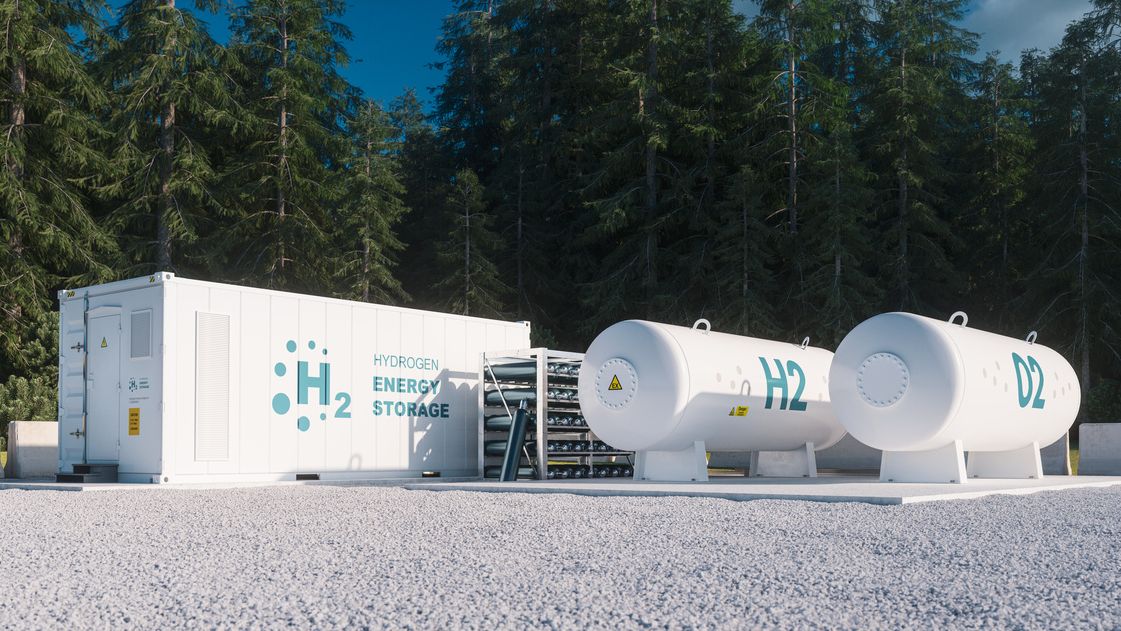
Ceará state can play a strategic role in the green hydrogen export agreement signed with the government of Germany
The state of Ceará could play a strategic role in the green hydrogen export agreement signed with the German government. After the announcement by the state government, representatives of the Brazil-German Chamber of Commerce and Industry of São Paulo and Rio de Janeiro are seeking business opportunities between the state and the European country.
See other news of the day:
- SENAI offers 120 free places in qualifying courses for electricians, turners and mechanics in PA
- Petrobras signs contract for the sale of onshore fields at Polo Miranga, in Bahia
- Brazil is consecrated as the biggest market for trucks of the German Mercedes-Benz. Company will invest another BRL 800 million by 2022
- Logistics – JSL purchases a carrier for BRL 97 million
Ansgar Pinkowski, manager of innovation and sustainability at the Brazil-Germany Chamber of Rio de Janeiro, says that “With this green hydrogen hub announced by the State, Ceará is launching itself in front not only of other states, but also of the Federal Government that is thinking about launching a roadmap and a national green hydrogen strategy, but it hasn't even started yet. Ceará embraced this opportunity and is launching itself well ahead of the others, and what excites me about Ceará is that the institutions are working together: State, Fiec (Federation of Industries of the State of Ceará), private initiative, and the university” .
Recently, the northeastern state signed a memorandum with the Australian multinational Enegix Energy, to build a green hydrogen (H2V) production plant at the Porto do Pecém Port and Industrial Complex (Cipp). The plant foresees an investment of US$ 5,4 billion – equivalent to around R$ 28 billion.
Exports to Germany:
The German government has started the process of looking for green hydrogen energy suppliers to meet the country's needs in the coming years. According to Ansgar, by 2030, Germany hopes to replace 30% of its energy matrix based on oil and natural gas to consume green hydrogen.
However, due to geographic reasons and other restrictions, Germany must import 90% of green hydrogen, which will establish commercial partnerships with global suppliers.
Bernd dos Santos Meyer, consultant for cooperation for the development of sustainable technology at the Brazil-Germany Chamber of São Paulo, said that “The German government has said that it will invest 9 billion euros to develop the green hydrogen market and 2 billion euros will be directed to international partnerships. Our intention is for Brazil to become a partner in this international cooperation and we are working to promote this issue in the country and here in Ceará”.











